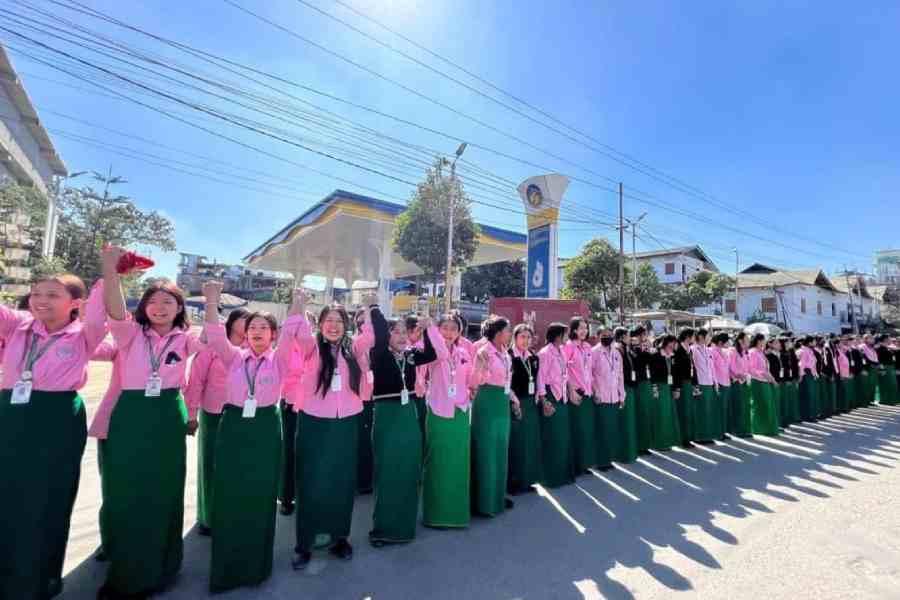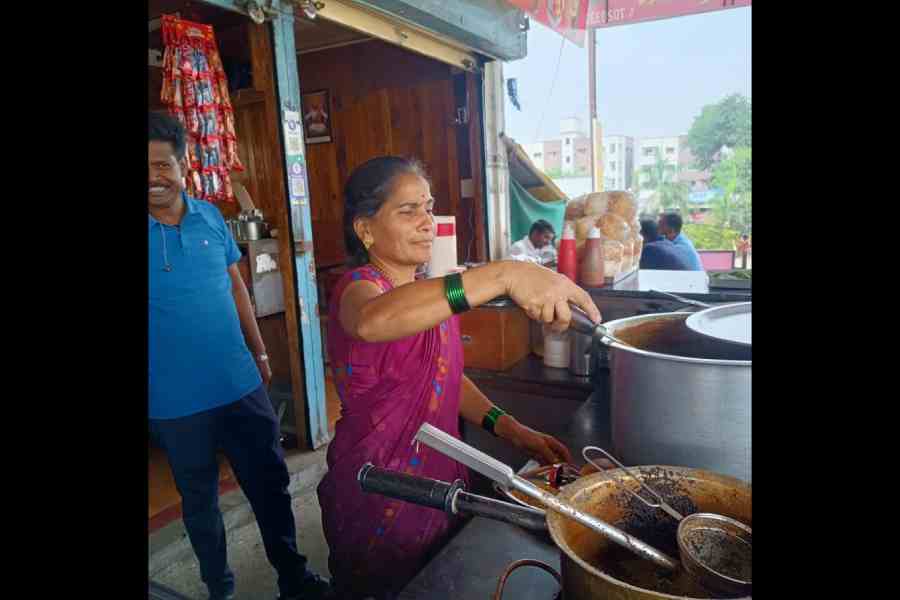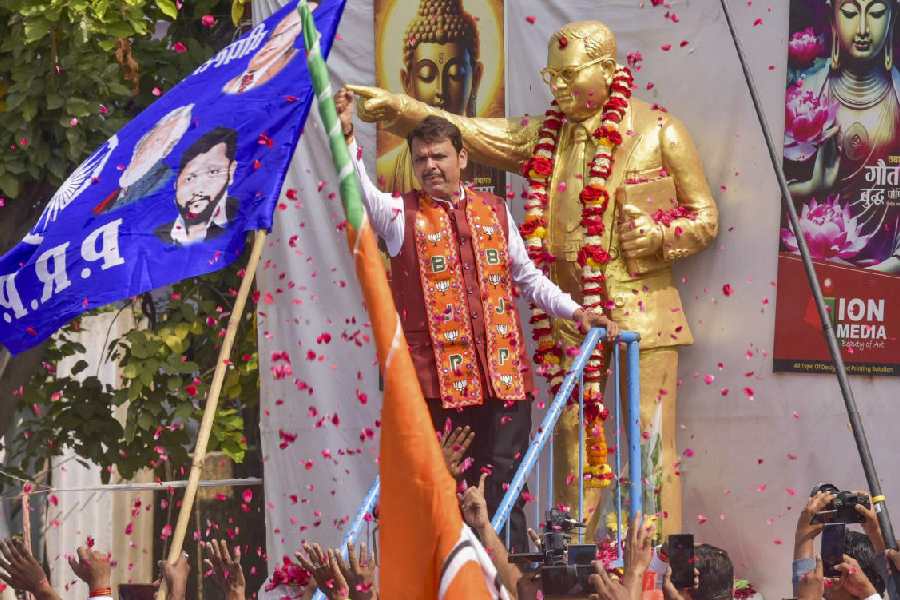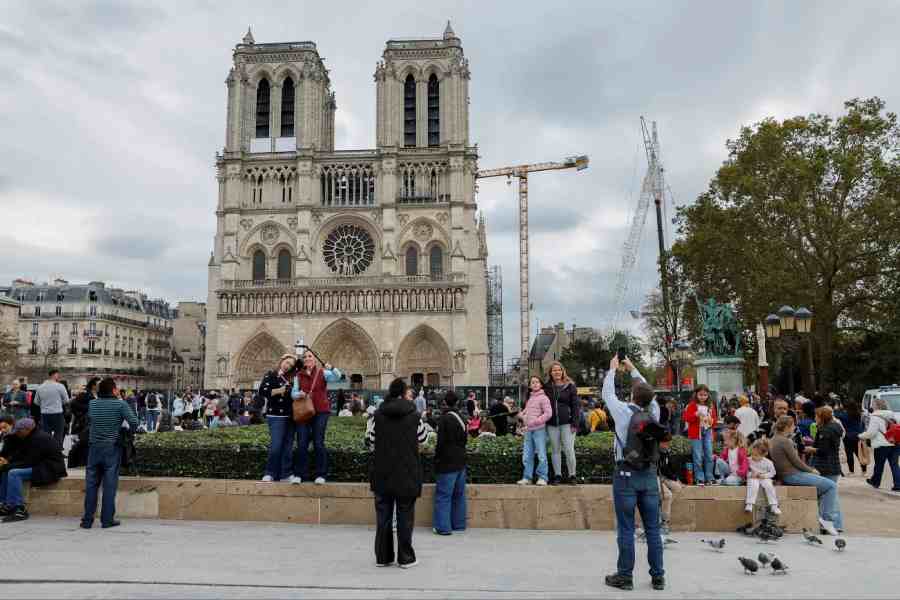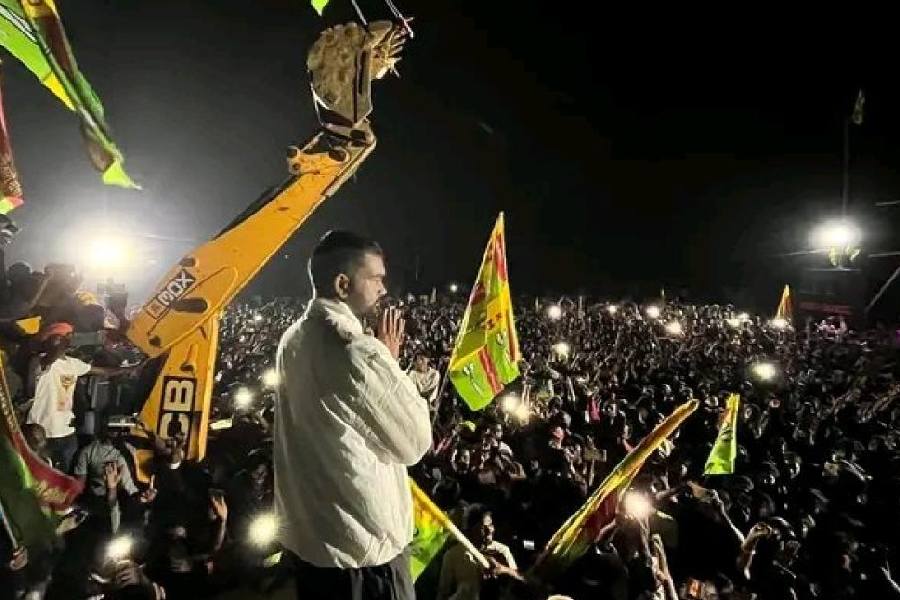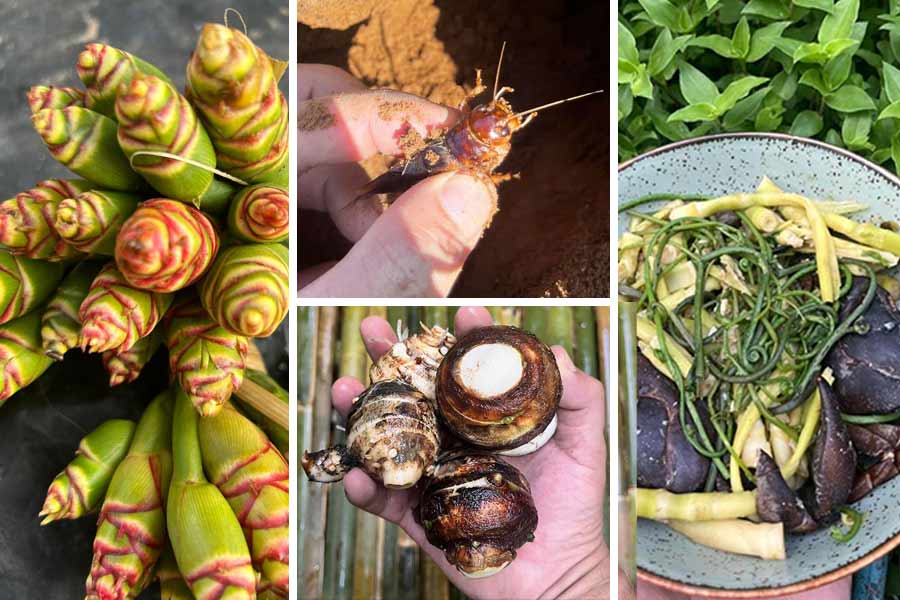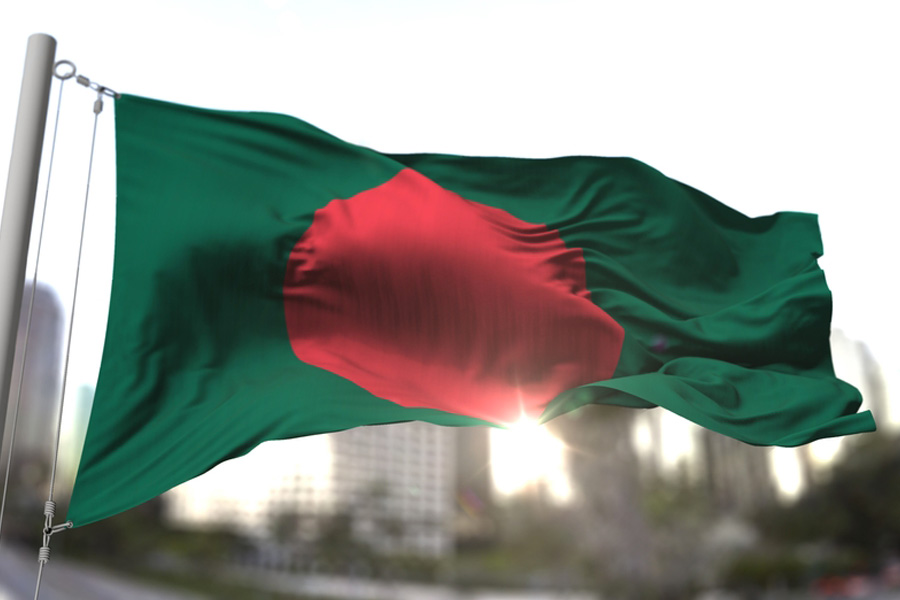The Centre on Thursday reimposed Afspa, which gives unbridled power to the armed forces operating in designated disturbed areas to search, arrest and shoot, in six police station jurisdictions in Manipur following a spike in ethnic violence in the state.
The move, which extends the Armed Forces Special Powers Act (Afspa) until March 31, 2025, is aimed at enabling security forces to conduct coordinated operations and restore order in these areas while countering the activities of “insurgent groups”.
The six police station areas are Sekmai and Lamsang (Imphal West district), Lamlai (Imphal East), Jiribam (Jiribam district), Leimakhong (Kangpokpi) and Moirang (Bishnupur). While Leimakhong is situated in a Kuki-Zo-majority hill district, the other five are in the Meitei-majority valley areas.
The six police stations were among the 19 police stations initially excluded when Afspa was extended in Manipur regions for another six months starting October 1.
The reimposition of the Act follows Monday’s flare-up, particularly in Jiribam district where security forces killed 10 suspected Kuki-Zo militants in a clash after they allegedly attacked a police station, a relief camp and a CRPF post.
Following the incident, six Meitei relief camp inmates were reported missing, sparking tension and protests in Imphal Valley. There is still no news about their whereabouts.
Protests erupted in the Meitei-majority Imphal valley on Children’s Day, as students formed human chains and displayed placards demanding the safe return of the six missing persons — three women and as many children, all from the same family.
The protests were organised by the Coordinating Committee on Manipur Integrity (Cocomi) Students’ Front, which criticised the state’s BJP government for failing to secure the safe release of the “abducted” persons and protect civilians from
militant attacks.
On Tuesday, the Centre announced the deployment of 20 additional companies of paramilitary forces to bolster law and order, increasing the total number of Central Armed Police Forces (CAPF) in the state to 218 companies.
The decision to deploy additional forces and reimpose Afspa reflects the grave ground realities, which was evident from the ministry of home affairs’ notification.
The ministry cited the continuing volatility in the region, noting that intermittent gunfire persists in violence-prone areas, particularly in the districts of Bishnupur, Churachandpur, Imphal East, Kangpokpi, Imphal West and Jiribam.
The police stations which remain excluded from the ambit of Afspa are Imphal, Lamphal, City, Singjamei, Patsoi, Wangoi, Porompat, Heingang, Irilbung, Thoubal, Bishnupur, Nambol and Kakching.
Afspa was first introduced in Manipur in 1958 when it was called the Armed Forces (Assam and Manipur) Special Powers Ordinance. The 19 police stations were excluded between 2004 and 2023.
DNA tension
There was tension at Silchar Medical College in Assam on Thursday as the post-mortem of the 10 “village volunteers” killed in Jiribam was completed.
The hospital’s reported move to conduct DNA tests on the bodies after the autopsies was met with strong opposition from representatives of the Kuki-Zo community.
They objected to the delay in releasing the bodies and several community members raised slogans such as “hand over our martyrs” and “we don’t need DNA test”.
Zara Songate, a person from the Kuki-Zo community, expressed frustration over the delay, saying: “The post-mortem is over. We want to take the bodies back because the process has already been delayed. We came here on Tuesday, but the bodies haven’t been handed over yet. They are saying a DNA test needs to be done, but we don’t understand why. The families are waiting to bring their loved ones home.”
A hospital official declined to comment on any decision regarding the DNA test or when the bodies will be released "on instructions" from higher authorities. The official did not elaborate on the identity of the “higher authorities”.
The Indigenous Tribal Leaders’ Forum (ITLF), a Kuki-Zo organisation, also voiced its opposition to the DNA testing, insisting that the bodies be transported by road to Mizoram and then to Churachandpur for the funeral.
“No other mode of transport will be accepted,” the ITLF said following a meeting to discuss the logistics of transporting the bodies of the “martyrs”.

